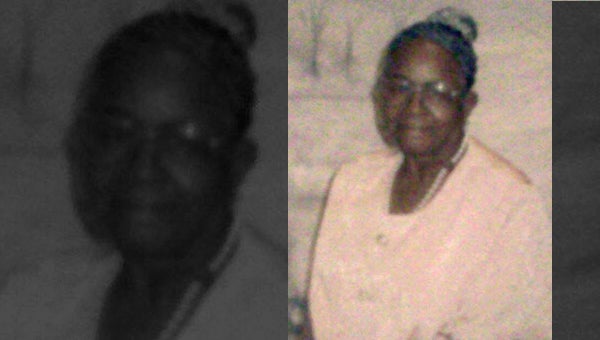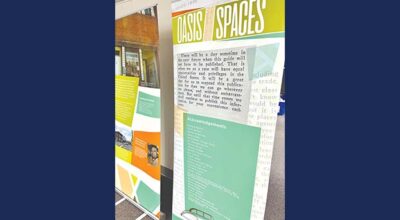First black female mortician in state recognized
Published 8:08 pm Thursday, February 26, 2015
BLOUNTS CREEK — A local woman was recently recognized by state officials as being the first female African American in her field in North Carolina and setting a precedent for others to follow in a time of limited opportunity for African Americans.
Veva Marie Keyes, now 85 years old, recently received letters from U.S. Congressman Walter B. Jones and N.C. Representative Michael Speciale, crediting her for being the first female African-American woman to receive a mortuary license in North Carolina. Keyes is also expecting a proclamation from Governor Pat McCrory’s office sometime early next week, recognizing her for her achievement, according to Don Brown, Keyes’ cousin. Brown contacted the offices of Speciale, McCrory and Jones and alerted them to the fact that Keyes was the first female African-American mortician, the result being the letters and the proclamation from the governor.
Keyes, a native of Blounts Creek, said she first came into contact with mortuary science in 1953 when she began working as a secretary at Whitfield and Whitley Funeral Home in Washington. Having grown up on a farm, Keyes did not like having to work out in the heat and getting dirty, she said. The owners of the funeral home, at the time, encouraged Keyes to pursue a career in mortuary science.
“The owners encouraged me and promised they would help me through school if I went,” Keyes said.
On completion of an apprenticeship with the funeral home, Keyes attended Eckles College of Mortuary Science in Pennsylvania after being granted permission by the state, Keyes said. She finished school in 1955, took the state board in September of that year and started working as a licensed mortician in late 1955, Keyes said.
Keyes said the best thing about working as a mortician was the service to the families of the loved ones she would work with.
“Being around it, I got to really like it and then, mostly, it was seeing somebody that had been sick and emaciated or hurt or whatever, and then you could fix them up so the family would be pleased,” Keyes said. “That made a good feeling. I had quite a few people tell me, ‘When I die, I want you to do me,’ and it made me feel good because my work was appreciated and I tried hard, and I never really had any complaints about my work. I just liked it.”
In total, Keyes worked in the mortuary business for 25 years, she said. As an African-America woman, Keyes said she saw a need for women in the mortuary business. Being the first African-American woman to become a licensed mortician, Keyes believes she set a standard for all other African-American women wishing to become morticians, she said.
“All I had ever known was men in the mortuary business, and I thought, ‘Why not a woman?’” Keyes said. “I thought a woman would be better to talk to the family, especially the women, even more so than a man, when going into certain details that might be embarrassing for a man to ask about a loved one. I think so many people are just afraid of dead folks, but like I had told them, ‘A dead person is just like a dead anything else — they’re not going any further than you take them.’
“But I think the women saw, after I started, if I could do it, they could do it. It’s gotta be something you want to do, and you put an effort into it, and you get somebody who is going to encourage you so you need a strong support team — somebody that is willing to help you and encourage you. (Being recognized) really feels good, and it shows that it makes no difference who you are. If you are sincere and really try hard, you can do good and people will appreciate you if you do good, honest work.”
Brown spoke about Keyes achievement and gave his take on her being recognized: “I think the fact that the time in which she pursued her dreams and the climate in North Carolina and the lack of opportunity that existed for African-Americans at that time, means she had great perseverance. I thought it was about time that she be recognized. I believe this recognition will inspire other young women of all colors, especially African American women and allow them to see she was able to persevere under the times.”






